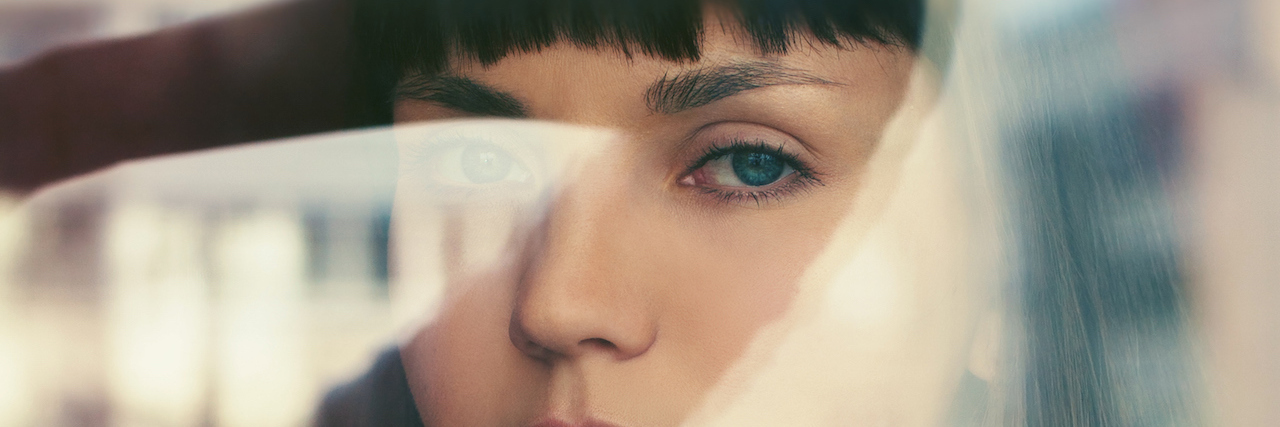Resiliency is defined as the ability to “bounce back.” In psychology, this goes a bit more in-depth, and is defined as the ability to handle crisis emotionally and quickly return to a pre-crisis state.
Over many years, most neurodiverse individuals hear an earful about developing fancy things like coping skills or protective factors. These words are a small piece of resiliency. The issue that rises when hearing these terms is they become a goal to achieve on their own. In accomplishing a few factors, you can still be put into crisis mode without the development of resiliency.
I can handle others’ crisis and talk them down. However, when it comes to my own resiliency, I cannot master coping skills and apply them effectively for myself. Part of this is due to autism spectrum disorder (ASD); part of this is also due to borderline personality disorder (BPD) and post-traumatic stress disorder (PTSD).
I broke the concept of resiliency into many small parts to allow myself to understand and problem-solve. Before that it wasn’t a word I ever expected to use in my vocabulary. For me, resiliency is not externally based on status quo things. I have a job; I enjoy my job very much, however, I will always be an individual who strives to help people by using my words. My resiliency comes from a lot of talking, a lot of struggling, crying into my pillow and emotionally exhausting myself. A common back-handed compliment I receive is about my “ability” to hold a job. This is not an ability to me; it is human nature.
Protective factors are the touchy-feely things in your life you support and love that are good influences on your well-being. To broaden that category, it also includes basic necessities such as food, housing and physical security among others. Some people have to build their protective factors, some struggle building them due to lack of accessibility. But if the drive is there to change those things and start looking for ways to — bam! That is developing resiliency.
Sometimes resiliency comes out of things in life that are dark and quiet and scary. For others, resiliency is through hard work in one area. A big key for myself over time was expression. I had protective factors I built up and sought to improve, I surrounded myself with loving people, but when it boiled down to it, I’d blow away at the slightest internal struggle. I would resort to coping skills regardless if they were healthy or not. I’m not all knowing, and I still always seek to improve on things.
The hardest part was taking my little mask of surface protection off and sharing the ugly, the messy and the aggressive parts of myself in a kind way — and also acknowledging how hard that really is. It’s hard to expose yourself to people you love, and most of the time, I told myself it was for their protection. I had to sit and spend months through burn-outs and anxiety and self-harm and substance abuse and general dysfunction to realize nobody had higher expectations of perfection on me than I did.
This hasn’t come easy. I’m fairly intelligent, and I hear it a sickening amount of time interacting with people. It was hard to justify a compliment like that when I’d immediately knot up in my stomach thinking I should be able to grasp and understand myself like a worn-in baseball mitt. Resiliency for me is peaking, and it’s only peaking because I have grown to accept I am different. I’m no more special than the individual beside me, or the ground I walk on — but I’m different. I’m probably never going to be able to find the right words to explain that pivotal weight of realization to anyone, but I have limits that sometimes are at a low threshold compared to someone else.
Resiliency for me was acknowledging this exists; it’s not a flaw and I can seek to improve on those invisible pieces by being kind to myself and not throwing on hundreds of pounds of armor and walking into it like a lively battlefield I’m not equipped to fight. I’m now equipped because I know that sometimes what looks like a battlefield is actually a meeting ground in a lecture hall during a peacekeeping mission.
Getty image by misuma

